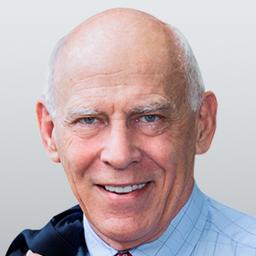Commentary
“My mind thinks I’m still 25. My body thinks my mind is an idiot.” This piece of social media wisdom may not be the most subtle or sophisticated, but it probably is the most recent example of an imagined conversation or debate between body and mind.





